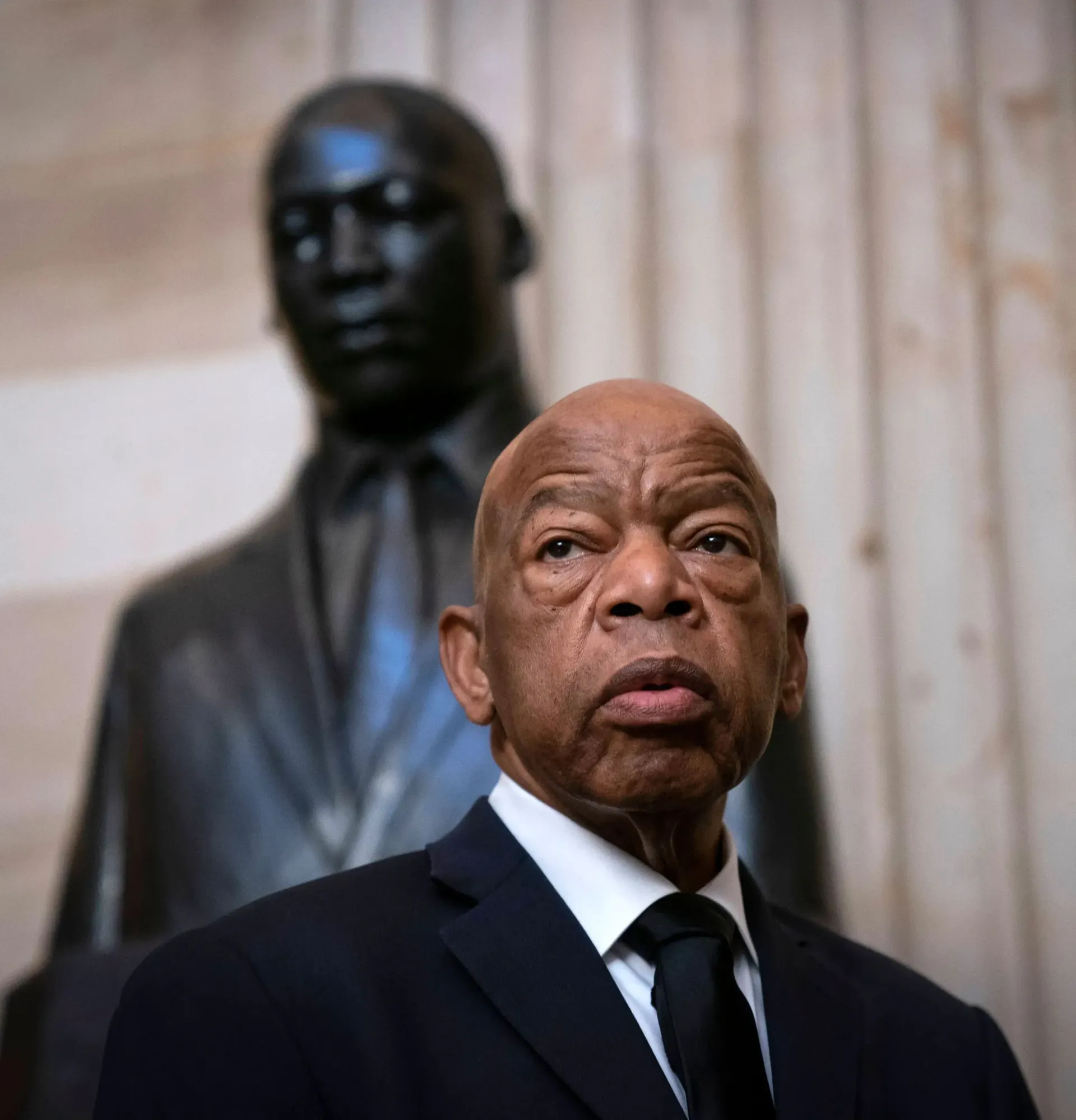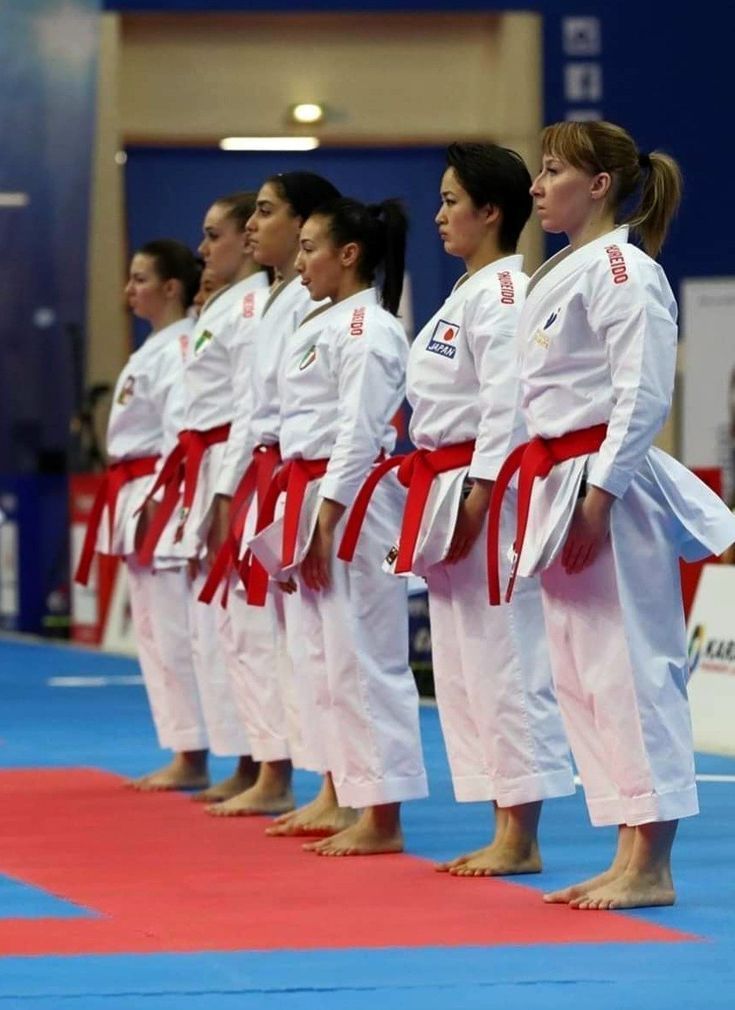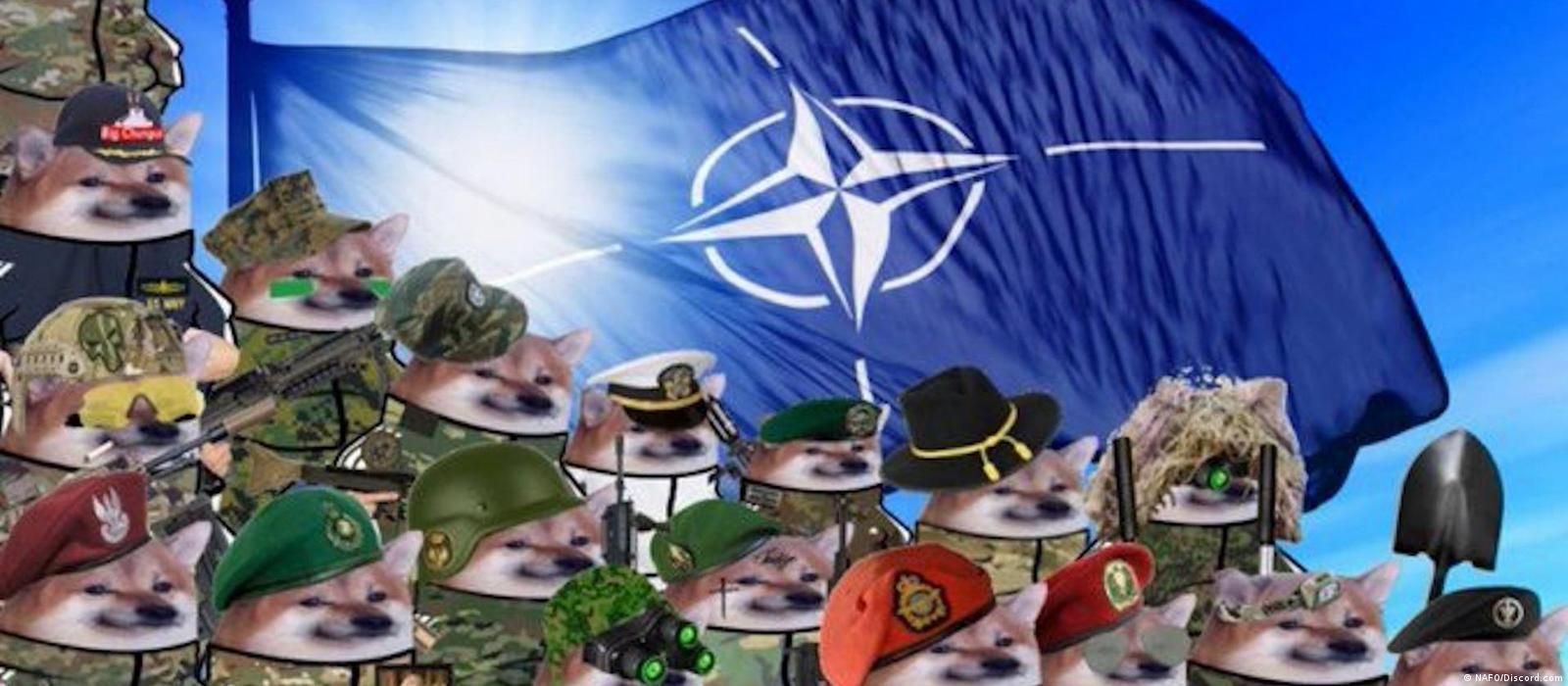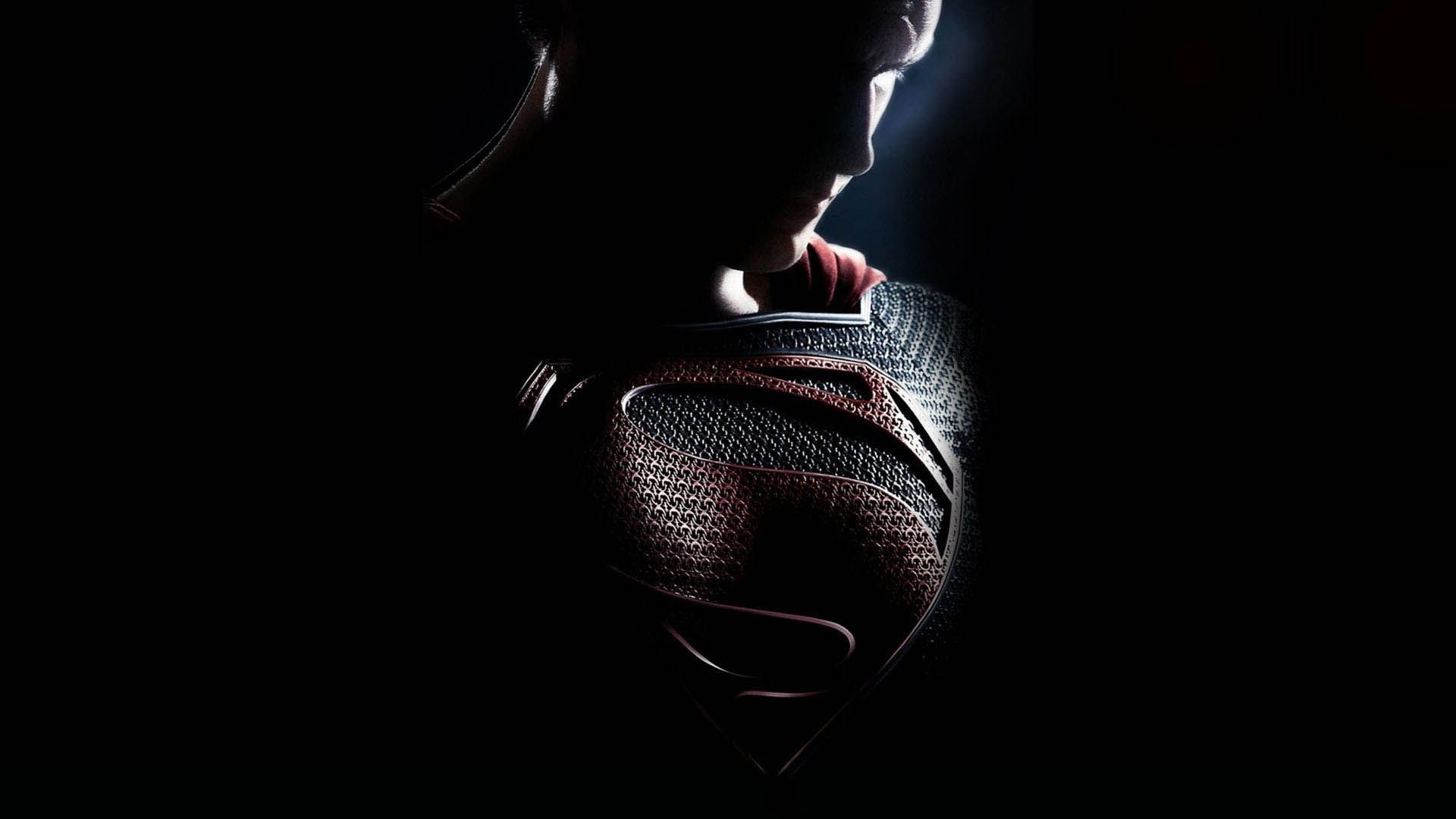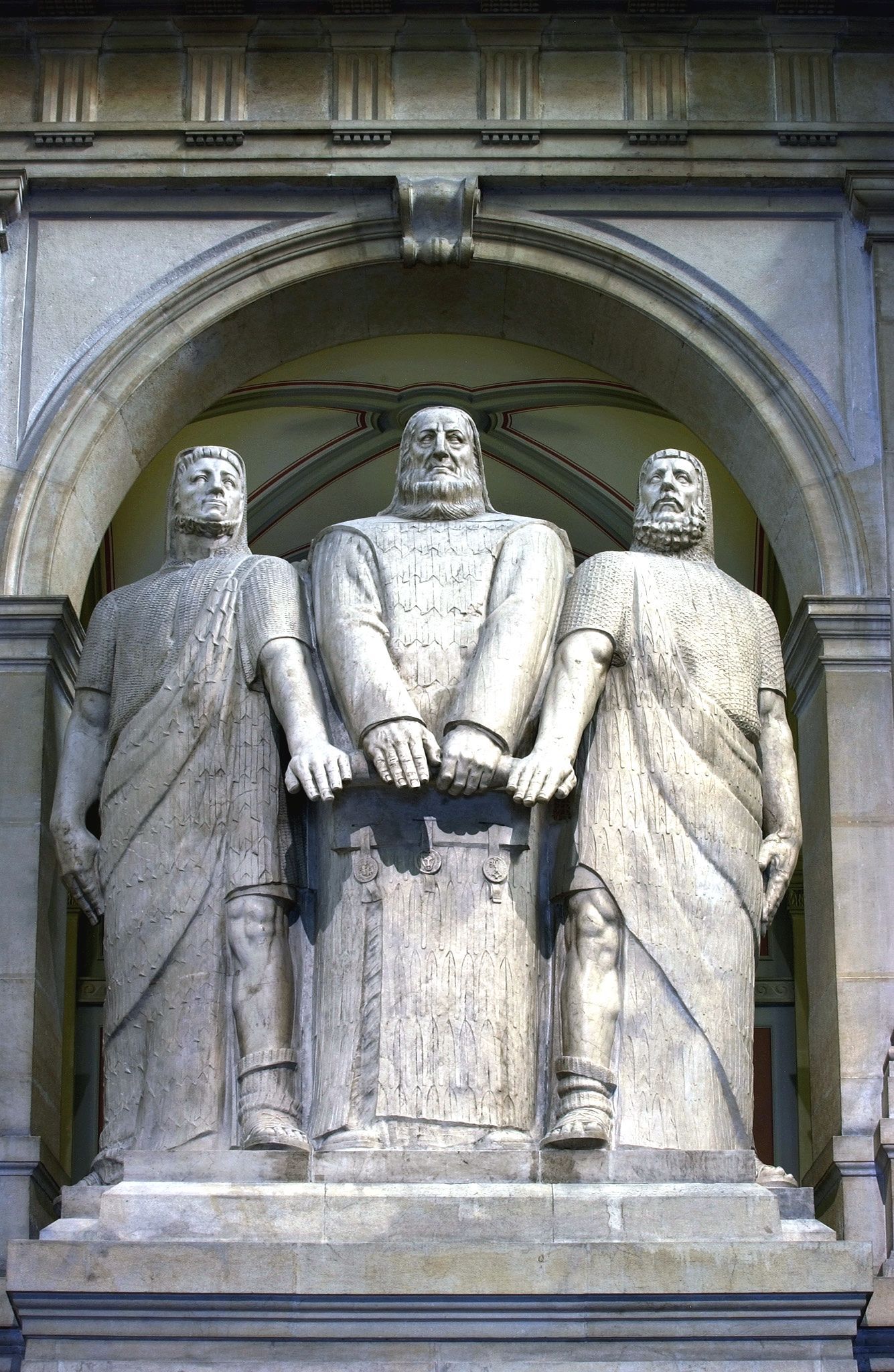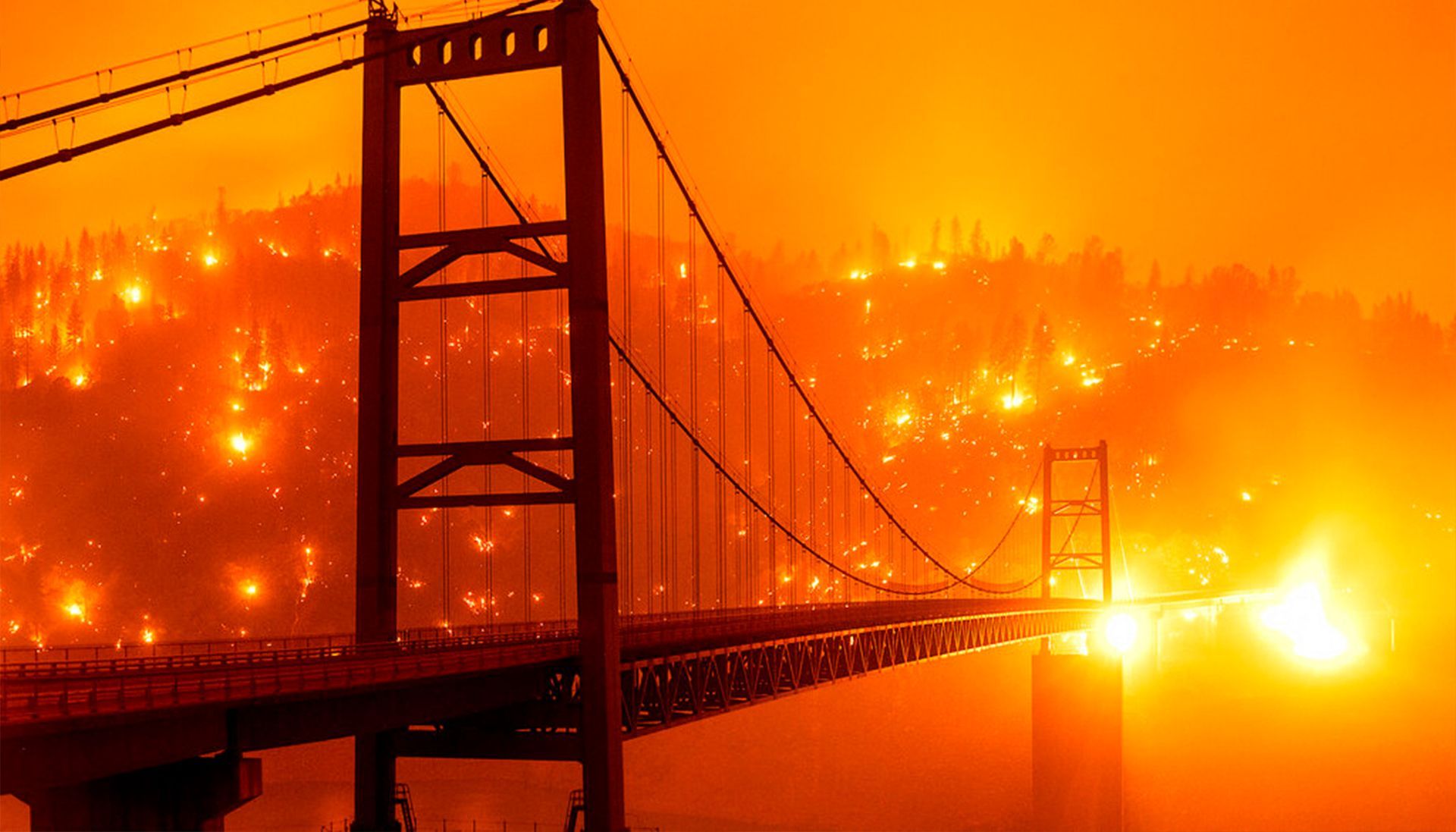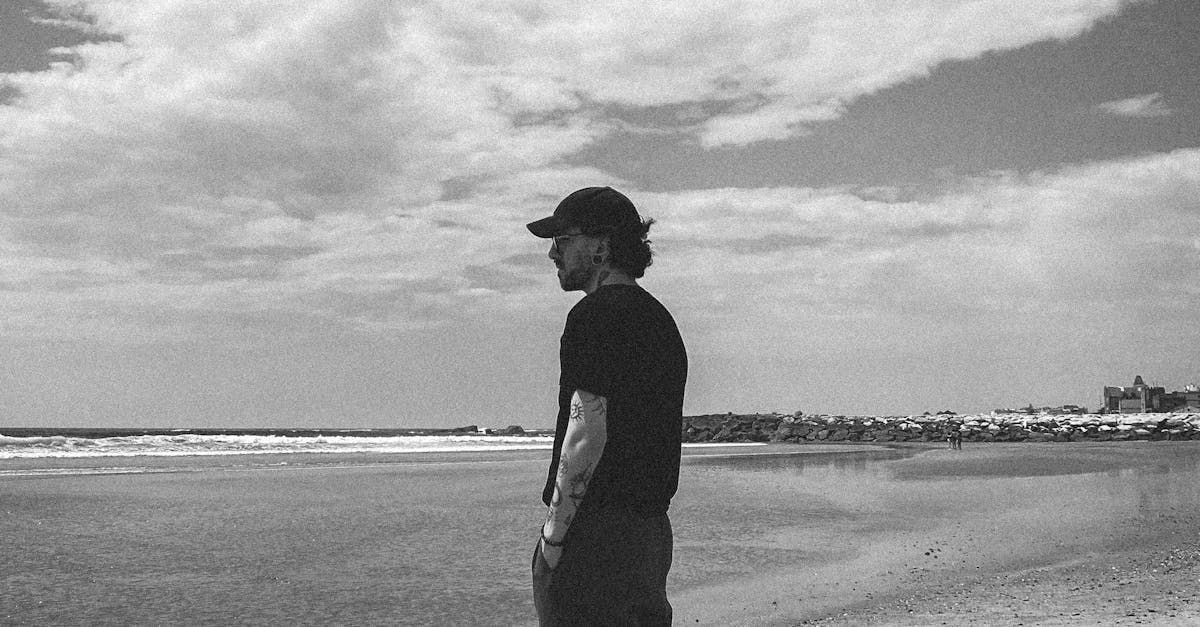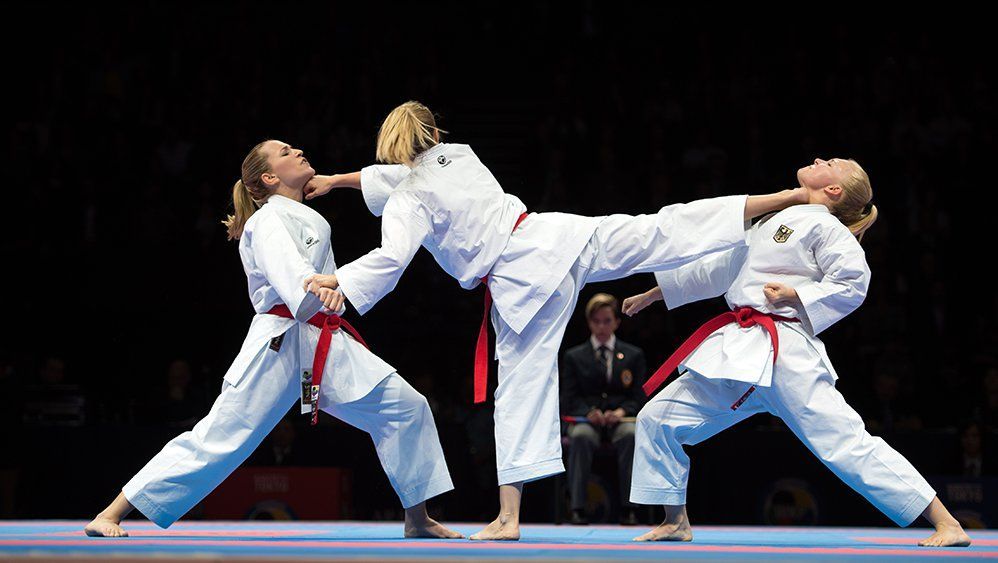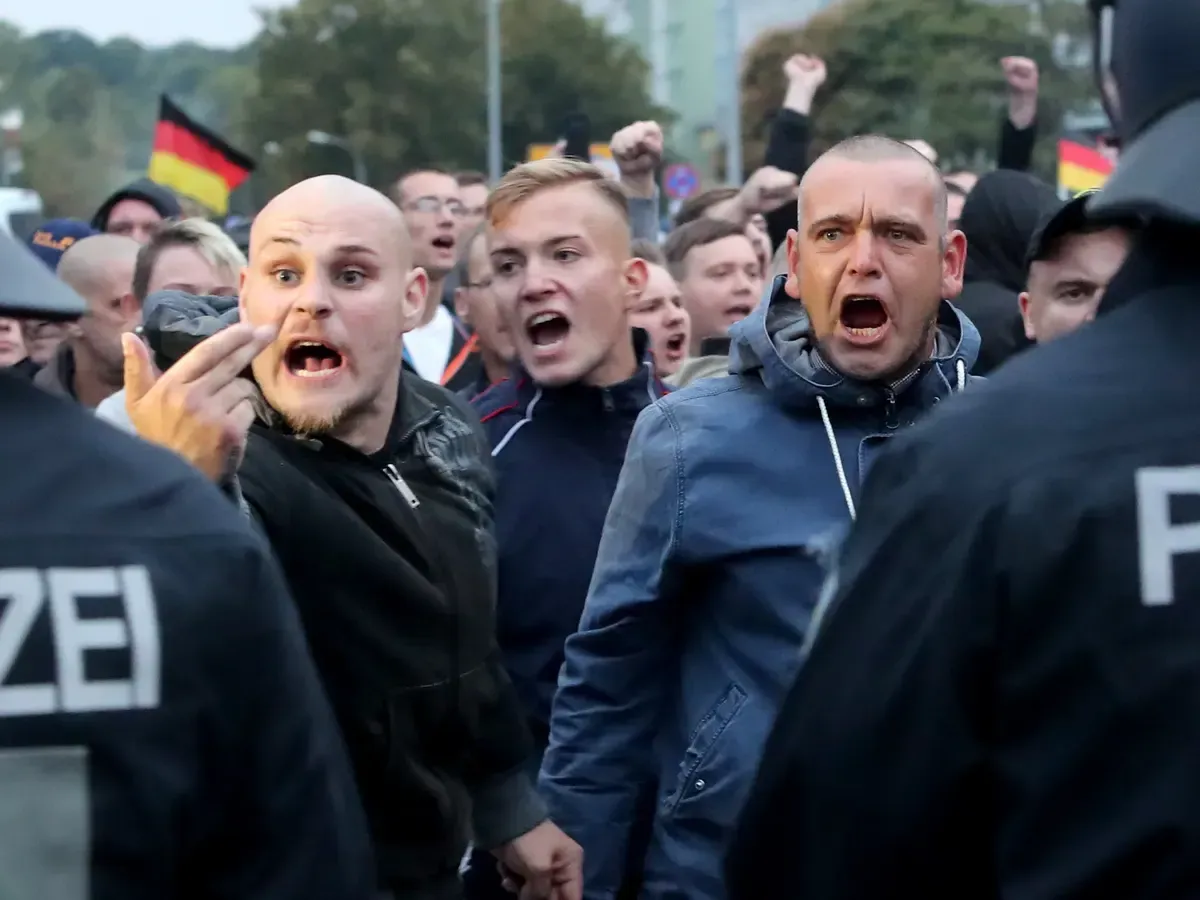The Quest for The Codex: The League of Champions
The League of Champions: Architects of a Universal Morality
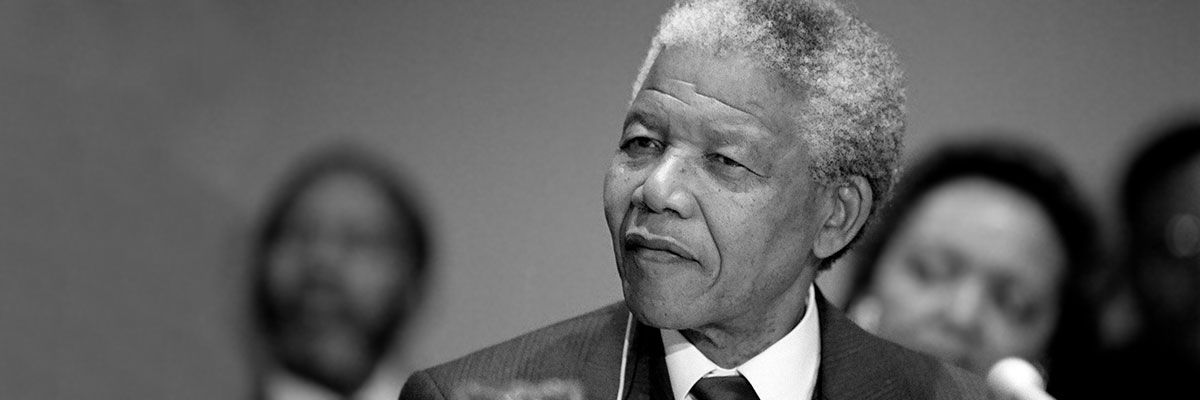
Nelson Mandela - First President of the Republic of South Africa and Peace Nobel Price Laureate
Searching for the Adult Equivalent of Distinguished Youth
If we succeed in raising odlikaši - those distinguished youth who embody excellence, service, and universal virtues - what becomes of them when they reach adulthood? Do they simply dissolve into the machinery of modern life, their potential diluted by mortgage payments and corporate hierarchies? Or do they evolve into something else, something we haven't yet properly recognized or named?
This question has haunted me. We speak eloquently about cultivating excellence in children, about creating systems that reward character alongside achievement. But our vision seems to stop at the threshold of adulthood, as if the qualities we so carefully nurture suddenly become irrelevant once someone turns eighteen or twenty-one. Surely this cannot be right.
Perhaps the answer already walks among us, unrecognized. Consider the professionals who consistently choose integrity over profit, who mentor without compensation, who use their expertise to lift others rather than merely enrich themselves. The lawyer who takes difficult cases for justice rather than fees. The doctor who travels to underserved communities. The teacher who stays late, not for overtime but for the student who needs extra help. Are these not adult odlikaši, living by principles we admire but haven't formally acknowledged? Could these be the natural members of what we might call the League of Champions?
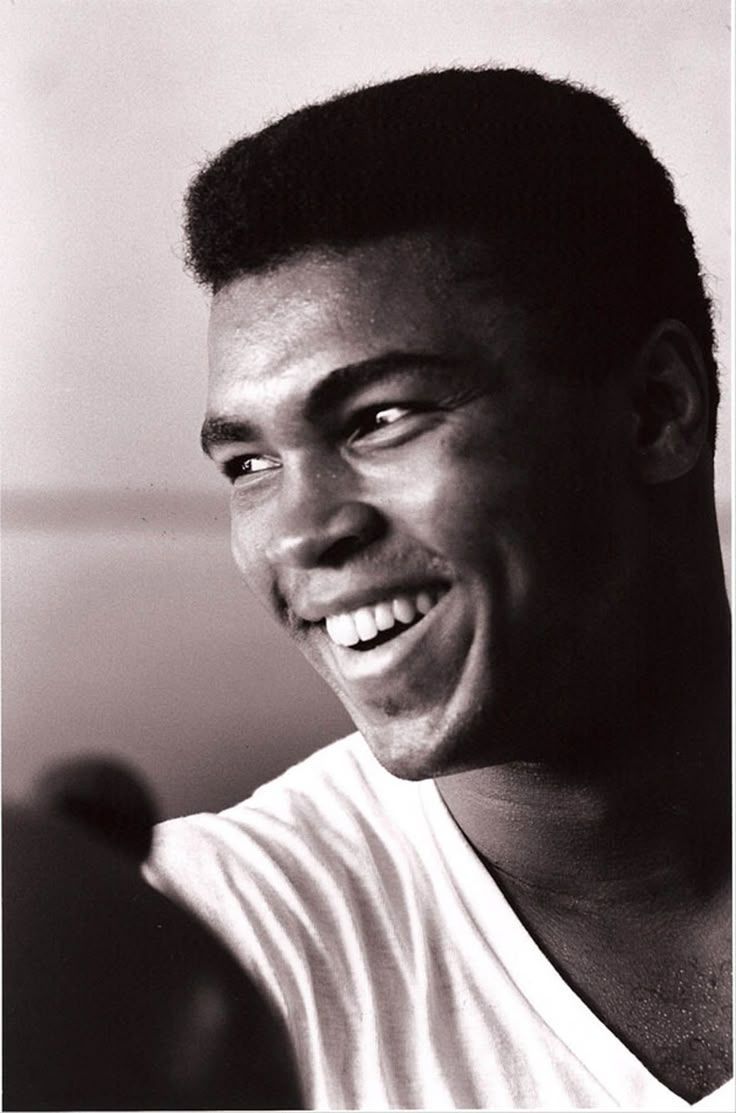
Muhammad Ali. The Greatest. American boxer, social activist, and global cultural icon.
The Silent Masters and Humble Titans
In meditation, two phrases emerged that feel essential: "silent masters" and "humble titans." These capture something profound about the adults who truly embody excellence. They are giants who don't cast shadows on others. Masters whose mastery speaks through action, not proclamation. Think of Keanu Reeves - an actor who takes public transport, quietly funds children's hospitals, treats every crew member with respect. A humble titan if ever there was one.
Or consider Salman Amin Khan, who could have monetized Khan Academy into billions but chose to keep it free, revolutionizing education for millions worldwide. José Andrés, the chef who shows up at every disaster to feed the hungry, who turns restaurants into relief centers. These aren't just successful professionals - they're people who've revolutionized their fields while maintaining their humanity.
What intrigues me is that every profession seems to have these figures - the ones other professionals whisper about with awe. The surgeon other surgeons call when faced with the impossible. The teacher whose former students all become teachers themselves. The engineer whose designs inspire a generation while their name remains unknown to the public. They exist, these silent masters, but how do we find them?
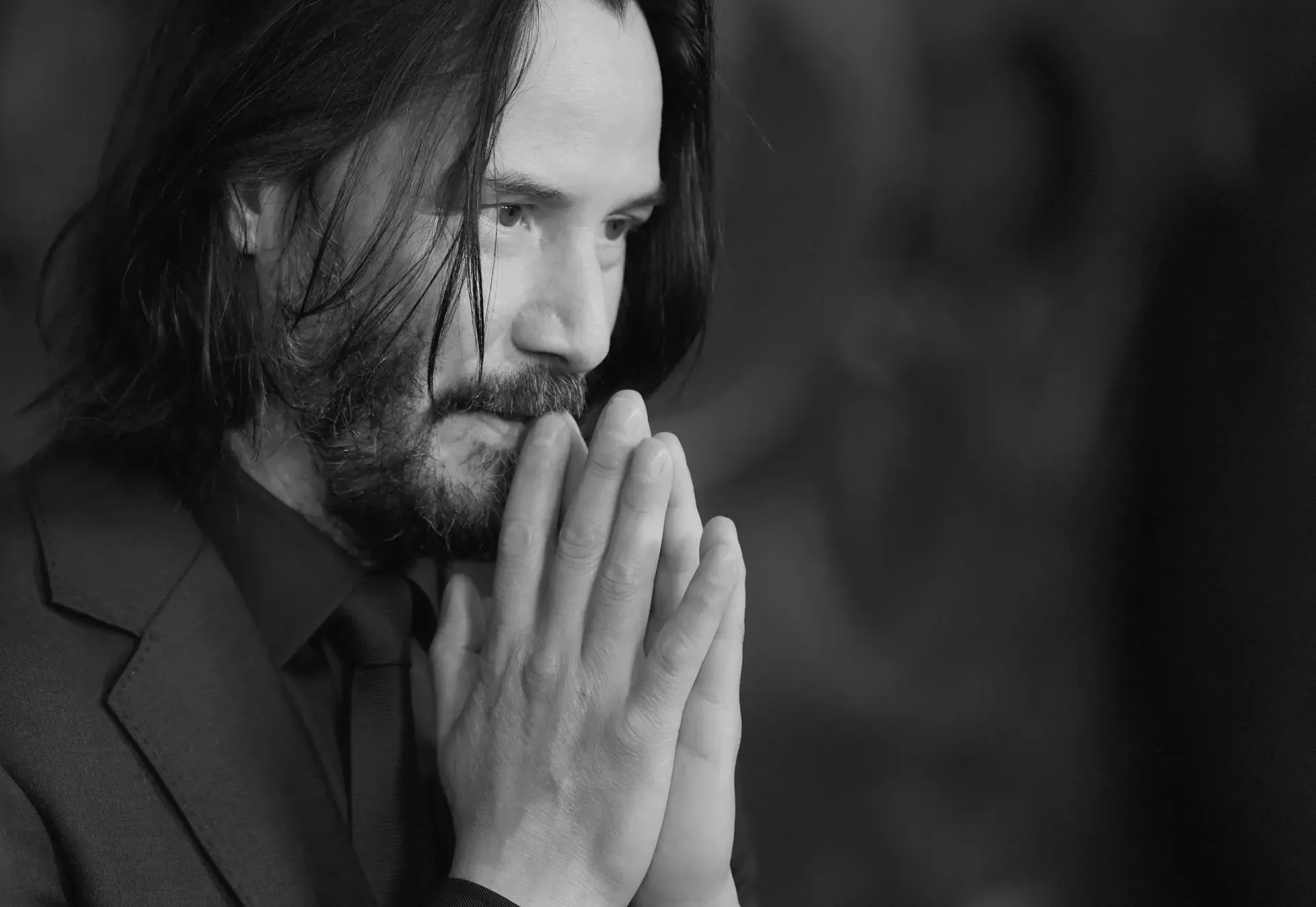
Keanu Charles Reeves - Canadian Actor and Philanthropist, Most Excellent Dude
The Question of Obligation
But here we encounter a thorny question: if someone has been gifted with extraordinary talent, blessed with fortunate circumstances, given advantages others lack - what obligation follows? Jonas Salk could have patented the polio vaccine and become the richest man alive. Tim Berners-Lee could have licensed the World Wide Web and controlled the internet. They chose differently. Was this obligation or opportunity?
There's something deeply uncomfortable about suggesting that gifts create debts. Yet neither can we accept that those who excel owe nothing to the communities that nurtured them. Perhaps the answer lies not in obligation but in recognition. Those who have climbed highest can see furthest. Those who have achieved most understand best what achievement requires. Not debt, then, but invitation to meaning.
A Mechanism of Recognition
What if the selection process itself revealed the true champions? Imagine: professionals nominate peers they consider the best in their field to define what excellence means. But here's the key - the nominated can decline only by naming someone they consider superior. No false modesty allowed. You either accept the responsibility of defining excellence, or you publicly acknowledge someone better suited to the task.
This mechanism fascinates me. The merely famous would quickly pass the responsibility to those with genuine mastery. The chain of "someone better" would eventually lead to those who cannot name a superior - not from arrogance but from the simple truth that their peers look to them for standards. These would be our silent masters, revealed not through self-promotion but through the inability to find someone more qualified.
What would happen if we actually tried this? Would all the chains converge on a small group of humble titans in each field? Would Katie Bouman, who photographed a black hole and immediately credited her team, name someone else, who names someone else, until we find the physicist other physicists revere in private?
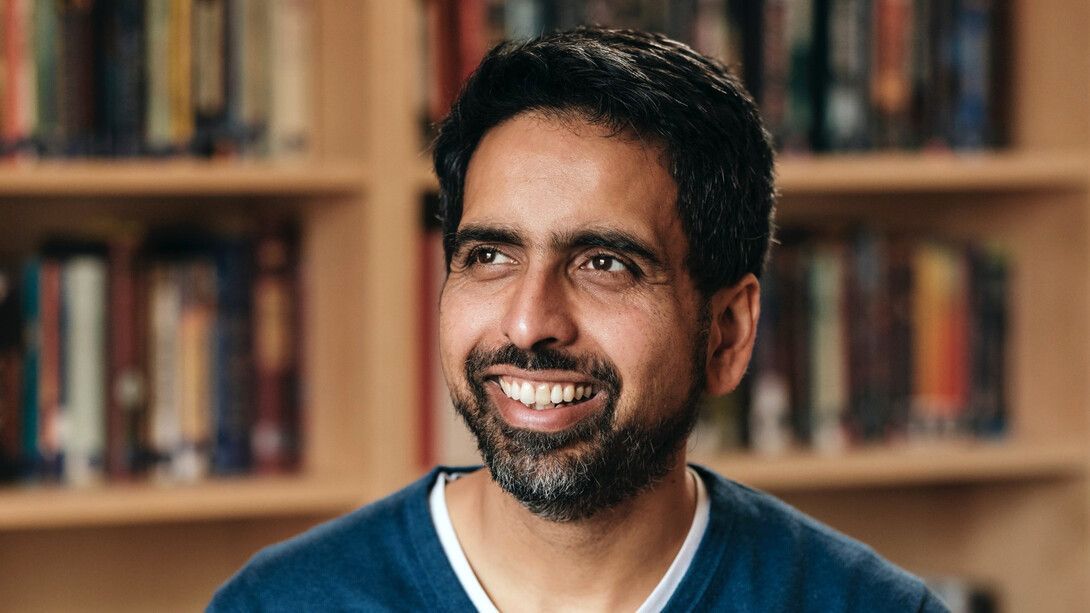
Salman Amin Khan - Founder of the Khan Academy
Learning from Existing Models
The legal profession offers an interesting parallel - lawyers police lawyers, set standards, determine who may practice. But what if instead of minimum standards to avoid malpractice, the best defined true excellence? Not "what must you do to avoid disbarment" but "what does it mean to be a truly good lawyer"?
What if these silent masters in each profession articulated their understanding of excellence? Not rules but principles. Not restrictions but aspirations. The humble titans of medicine defining what healing means beyond procedures. The silent masters of education explaining what teaching becomes when it transforms lives.
Questions Without Answers
I don't know exactly how this would work. Would busy professionals participate? How would we prevent institutional capture? Could peer recognition remain pure? These questions multiply the more I consider them:
How do we distinguish between the famous and the truly masterful?
What happens when different cultures have different ideas of professional excellence?
Can excellence be codified without becoming rigid dogma?
Would the silent masters even want this recognition, or does their silence itself tell us something important?
What if the very best in each field all name each other in an endless circle?
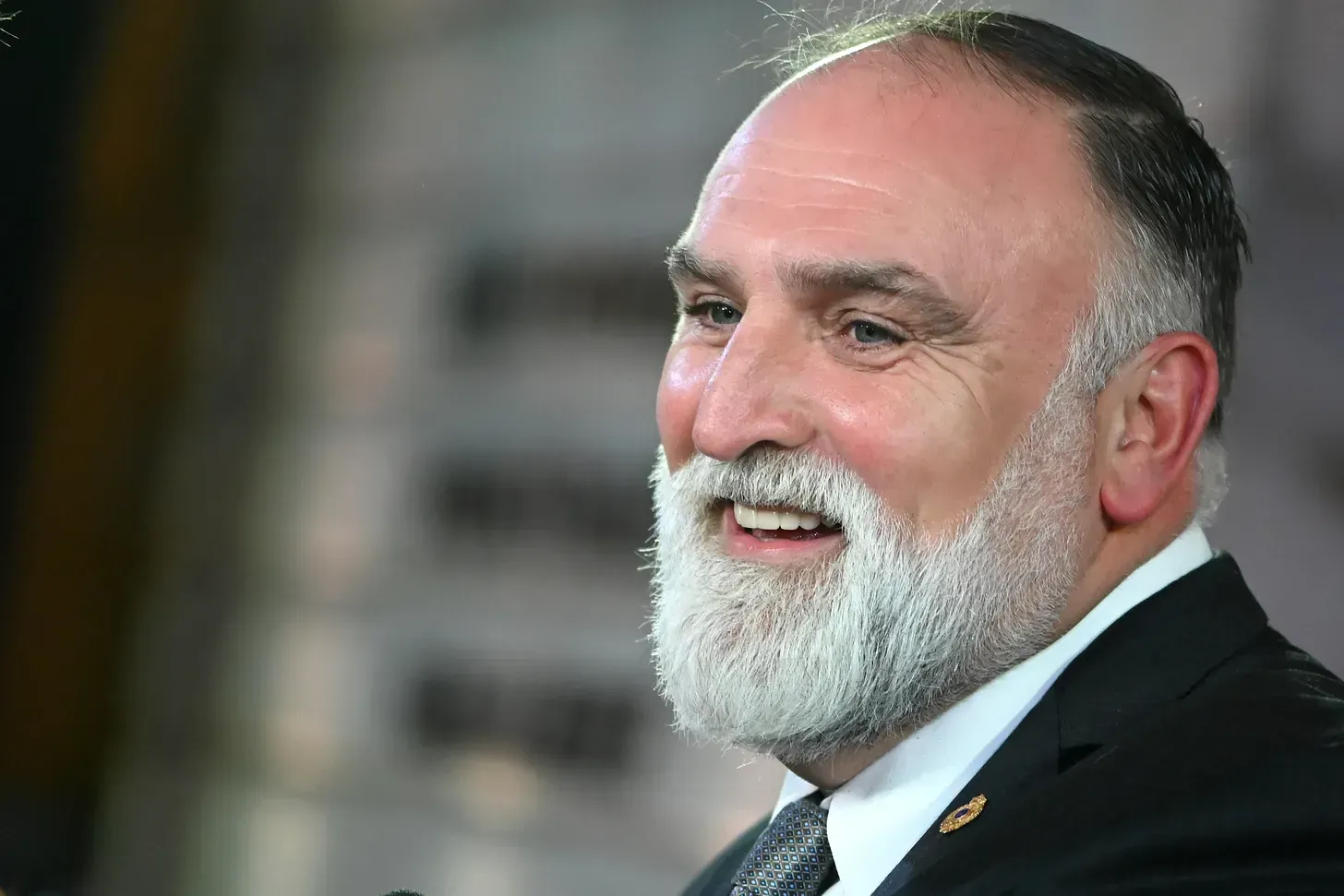
José Ramón Andrés Puerta - Founder of World Central Kitchen
The Integration Challenge
Most challenging: how would professional excellence relate to universal virtues? A brilliant surgeon might have terrible bedside manner. A revolutionary researcher might exploit graduate students. Are these truly champions, or does the League require both professional mastery and human virtue?
Perhaps this tension itself needs exploration. The humble titans seem to naturally integrate both - Yoshua Bengio pioneers AI while constantly warning about ethics. Paul Farmer lived with the poor communities he served as a doctor. Their excellence included their humanity, not despite it.
A Direction Worth Exploring
I don't have answers to these questions. I'm not even sure I'm asking the right questions. But something about this direction feels essential. In a world where professional success increasingly diverges from personal virtue, where expertise serves profit over purpose, we need models of integrated excellence.
The young odlikaši we're raising deserve to see what they might become. Not just successful professionals but silent masters. Not just wealthy and famous but humble titans. They need proof that excellence and integrity can grow together into adulthood.
Perhaps the League of Champions already exists in nascent form - those whispered names in every profession, those whom others instinctively turn to for guidance, those who define excellence by living it. Perhaps they're waiting not for organization but for recognition. Perhaps they don't even know they're waiting.
The path forward remains unclear. The structure undefined. The challenges enormous. But when I imagine Keanu Reeves being asked to define what makes a good actor, or Salman Khan explaining true education, or José Andrés describing service through food - something resonates. When I picture chains of "name someone better" all leading to quiet masters who've revolutionized their fields while lifting others - it feels like truth approaching.
I don't have all the answers. The details of implementation, the prevention of corruption, the balance between recognition and humility - these puzzles remain. But I have a hunch that this is the direction we need to explore. That somewhere in the intersection of peer recognition, humble mastery, and service to others lies the adult continuation of what we begin with odlikaši.
This is the Way.

